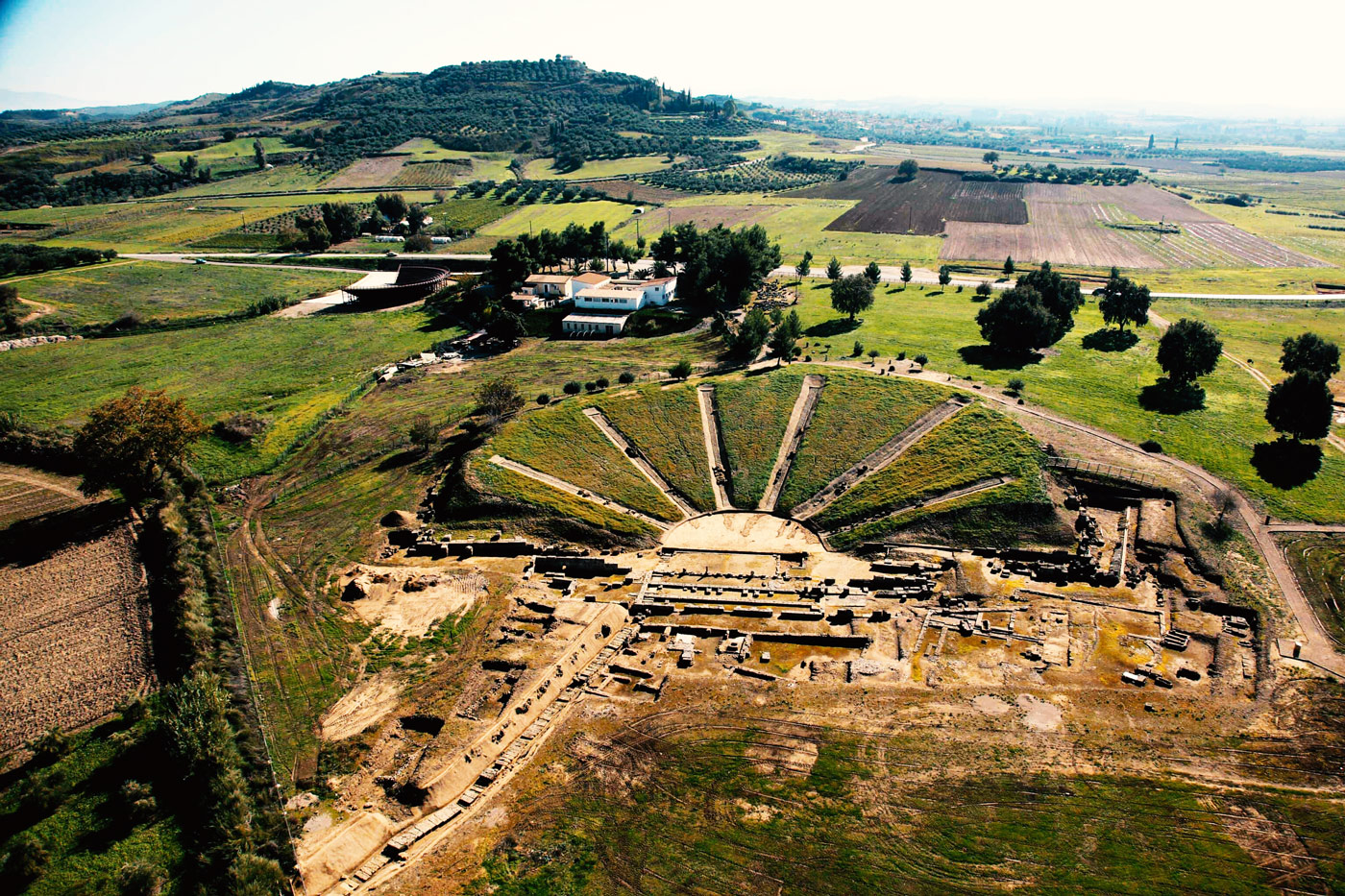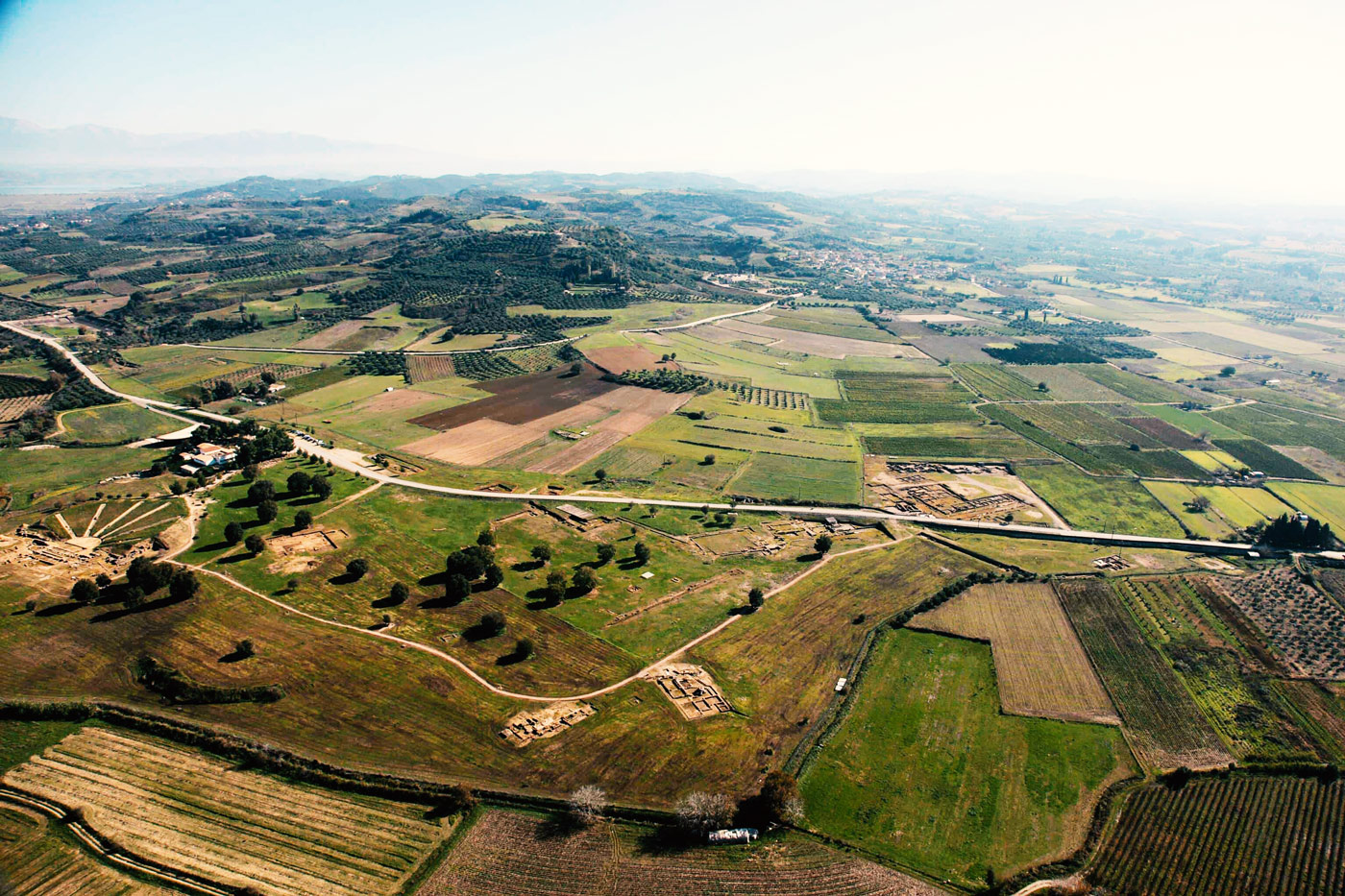Ancient Ilida is one of the most interesting centers of the Peloponnese in antiquity. It was the organizing city of the Olympics and the capital of the Ilies, and was connected to Olympia by a sacred road. It was one of the largest cities of ancient Peloponnese until its destruction by the Roman Heracles (267 BC).
The city of Ancient Ilida was without walls and among its buildings were the “Gymnasiums”, the Lalihimos Bouleuterion and more. Today, unfortunately, only a few parts of its numerous and splendid buildings are preserved, yet the site is visitable and gives a glimpse of the glitter and splendor that the city had during its heyday.
Ilida ruled the sanctuary of Olympia and had the sole responsibility of hosting the Olympics. Iphitos is said to have signed with King Lycurgus of Sparta, the agreement that established the Olympic Truce and the untouchability of Ancient Ilida during the games. The city was on the left bank of Peneus and had a large market, decorated with countless statues, Theater, Gymnasium, numerous temples and sanctuaries dedicated to Athena, Apollo, Aphrodite Ourania, Dionysus, Artemis, Sosipolis, etc., while its economic power was such that it cut its own coins. Ancient Ilida in the Mycenaean era became an independent kingdom, while Pelopas, Oenomaos, and Ephitus, who reconstituted the Olympics, were some of the most renowned kings of this wealthy country that numbered 150,000, with its capital city reaching an amazing 60,000 inhabitants in ancient Greece.
Today, in addition to the archaeological site, there is also a modern museum built with modern architecture that exhibits numerous findings from the entire chronological range of the area’s inhabitants.
Next to the archaeological site of Ancient Ilida there is a deconstructed Open Theater where in July, the theatrical performances of the Ancient Ilida Festival take place.






